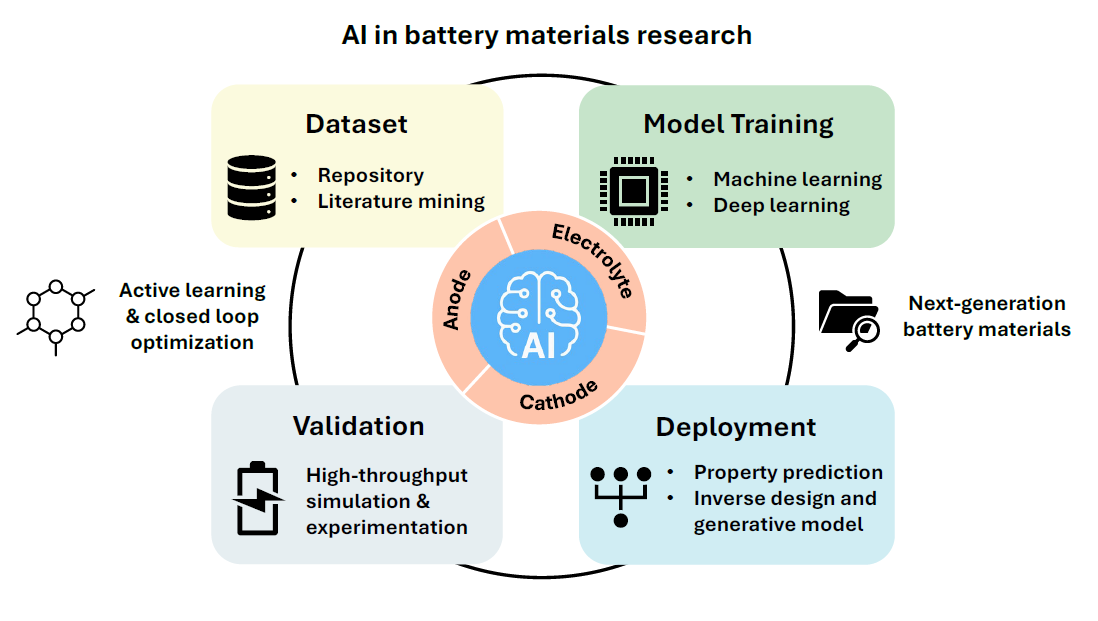Dr. Arumugam Manthiram, a professor in Mechanical Engineering and affiliate of Texas Materials Institute, along with Tianxing Lai, a graduate researcher in his lab, have recently published an article in The Bridge about the role artificial intelligence (AI) can play in discovering new materials and battery chemistries for the future.

After first looking back at the history and development of lithium-ion batteries, including Manthiram's innovations with Dr. John Goodenough, the authors discuss the future possibilities that exist within the industry. Cost, sustainability, and supply chain issues are all driving factors when it comes to exploring and using alternative minerals, especially when it comes to the ethical use of metals like cobalt, which is currently mined in the Democratic Republic of Congo and includes the use of child labor. Instead of working through new discoveries through trial and error, often at a cost of damaging the materials used and the increased risk of fire or toxic gas, the authors suggest that AI tools can help to "accelerate the discovery of high-performance electrolyte formulations with balanced compatibility across electrodes." All the data collected over the last four decades are available in the published literature; it is just a question of whether AI and machine learning (ML) can use this wealth of data to help researchers find new and better materials, chemistries, and processes.
Read more about their work, "Accelerated Materials Discovery Through the Power of Artificial Intelligence for Energy Storage," in The Bridge.

